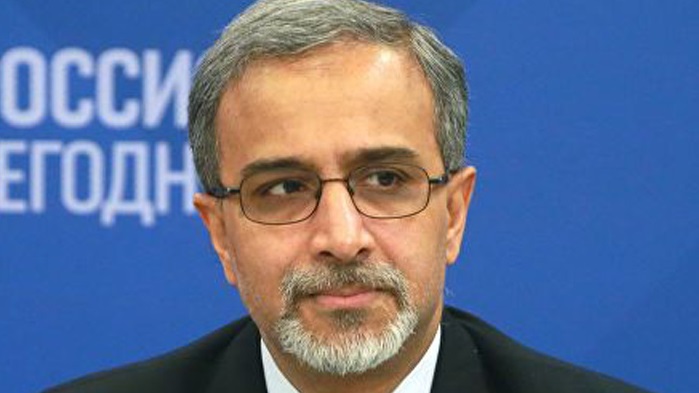Moscow and New Delhi are collaborating in the project to build two VVER-1200 units for the Bangladesh Atomic Energy Commission at Rooppur, on the eastern bank of the river Ganges in Pabna district. Unit 1 is scheduled for commissioning in 2023, the second in 2024.
"Russia already has agreements on this topic with a number of African countries, Ethiopia is one of them, as well as with several countries in the Middle East. These will be Russian projects, but with the participation of India. Negotiations are on-going at the initial stage, but we hope that this will be a new era of cooperation between Russia and India in the field of nuclear energy. This follows the success of Russian-Indian cooperation in Bangladesh," the diplomat said.
In October 2018, Russia and India agreed to work together to increase the level of Indian localisation in a project to build six nuclear units at a new site in India. Construction of unit 3 of the Kudankulam nuclear power plant is one of two AES-92 design VVER-1000 units under construction as the second phase of the Russia-India project in Tamil Nadu. Kudankulam 1 and 2, both VVER-1000 units, have been in operation since 2014 and 2017, respectively. A third phase using the AES-92 design is also planned.
Alexey Likhachov, director general of Russian state nuclear corporation Rosatom, emphasised the benefits of nuclear energy in job creation and regional economic development at the Russia-Africa Summit in Sochi, Russia, last October. Likhachov said global inequality in technological, industrial and socio-economic development was "acutely felt" in Africa.







_15863.jpg)







